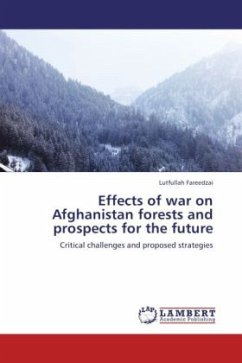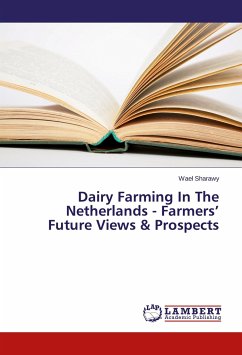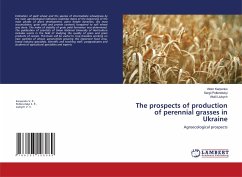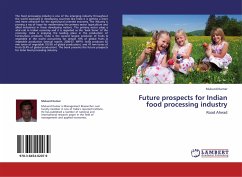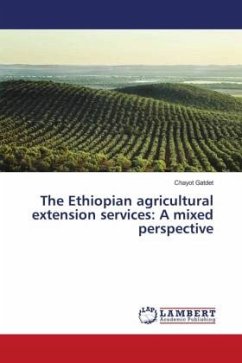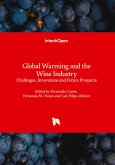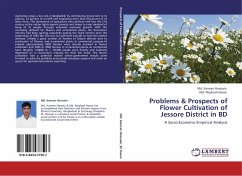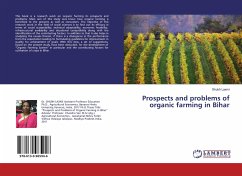This book provides a wide range of information about Afghanistan s forest types, cover, diversity, and explains the phenomena of continued deforestation, its consequences, and the environmental challenges. The author, Lutfullah Fareedzai detailed the historical, political economical, and cultural factors and events that fully explain the unending destruction of the forest. He also documented the war that has turned Afghanistan s forests from that of a well-wooded land into one of the worlds most disastrous forest areas, with its forests cover and wildlife habitat reduced to a mere fraction of its former extent. He further proposed strategies on how to combat illegal logging and deforestation, restore and enhance the forests and wildlife conservation, improved forests management, and environmental governance. The author draws his conclusions from well-researched case studies around the world that highlights the range of prospects. The book will be of great value to researchers, students, environmental agencies, and those who are actively working on forest policy and governance. This is a book that stands to make a difference.
Bitte wählen Sie Ihr Anliegen aus.
Rechnungen
Retourenschein anfordern
Bestellstatus
Storno

